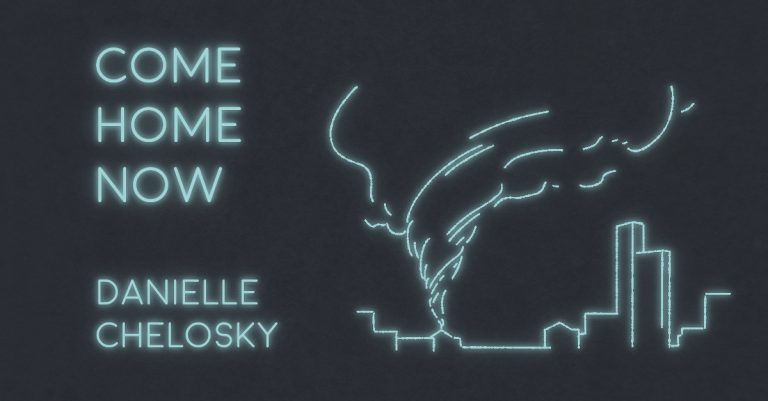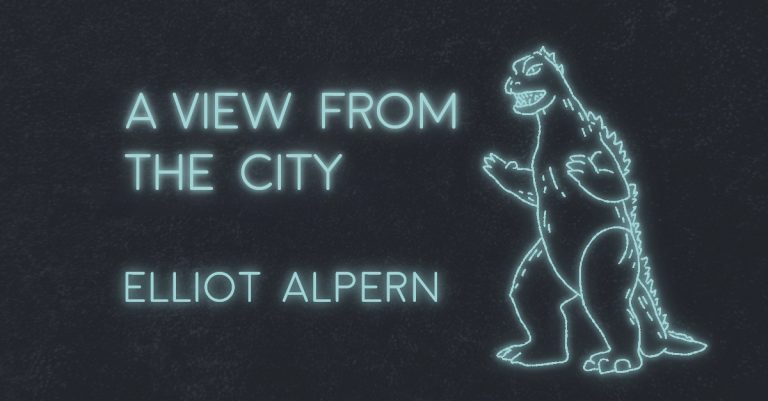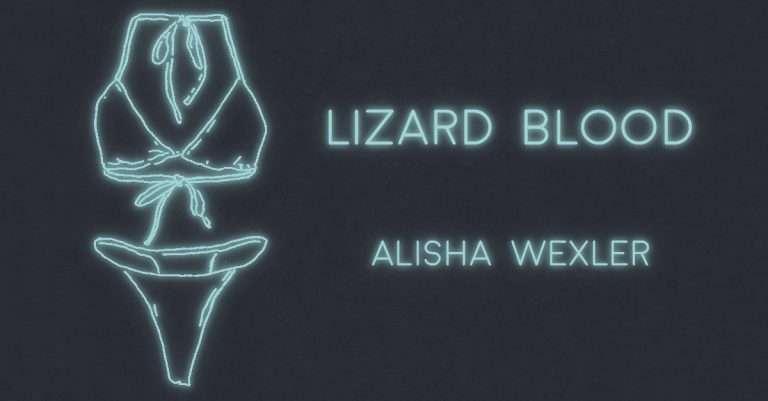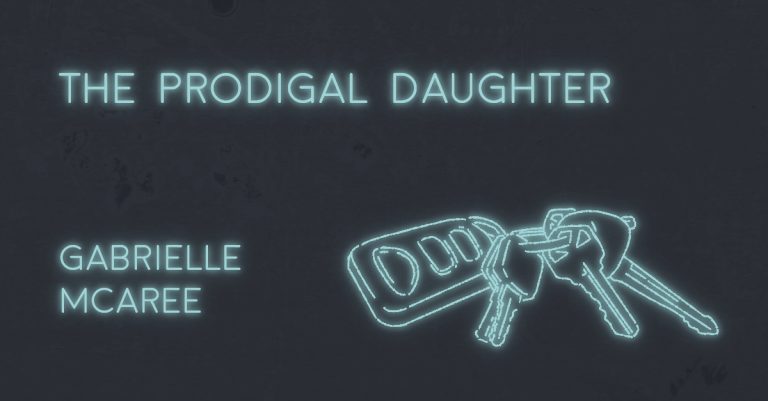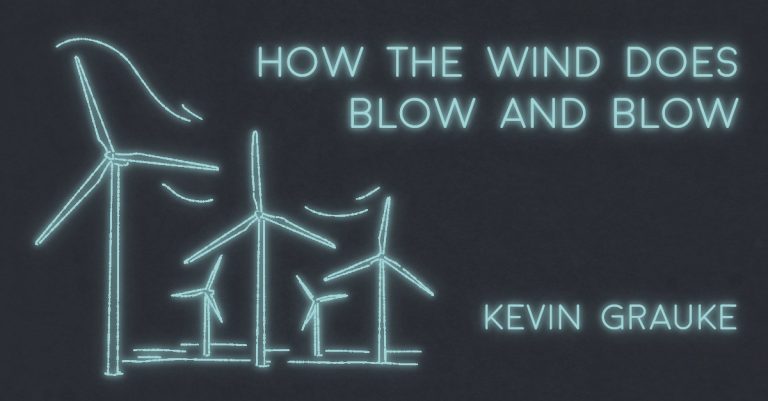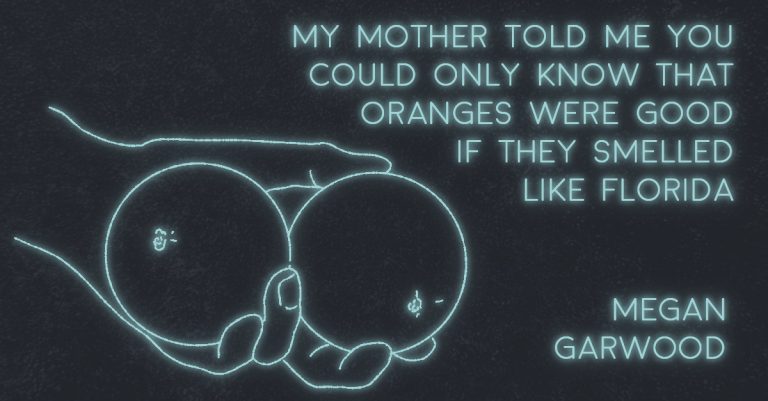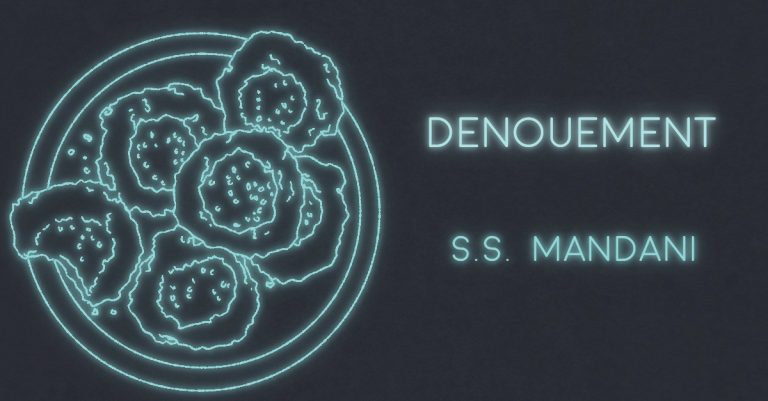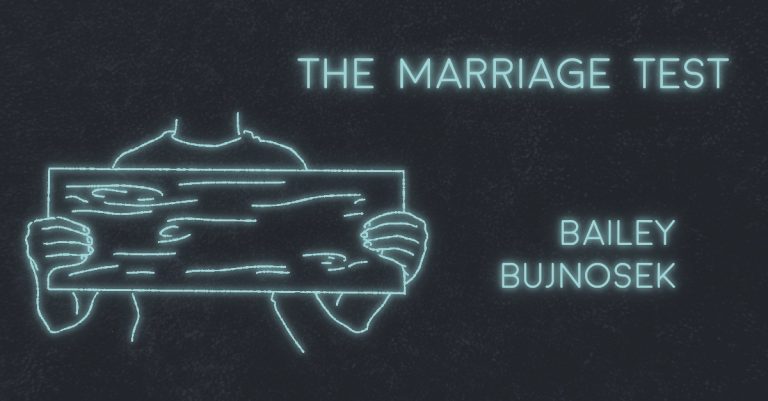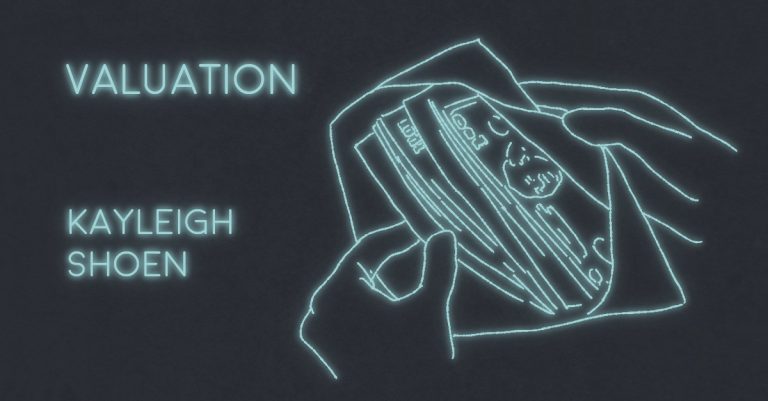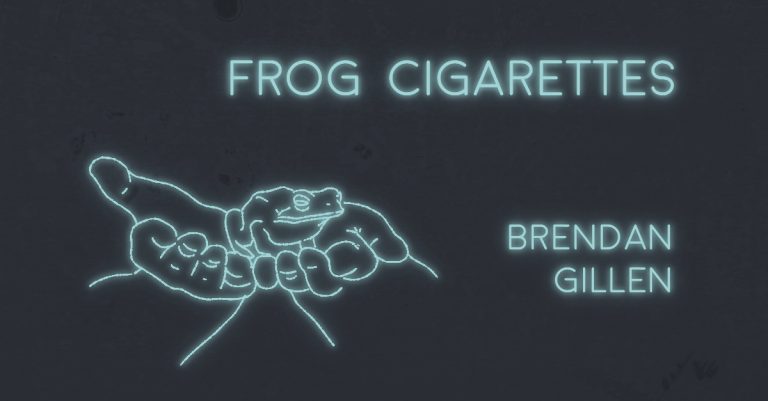
FROG CIGARETTES by Brendan Gillen
Two at a time, take the steps ’til I’m out of breath. Mom doesn’t know. Attic stiff with heat. Cobwebs like lightning. Know I’m after something important, just haven’t found it yet. Up here there’s a tool chest by the mannequin. Been around long as I’ve been sneaking up. Since I was seven maybe. The years feel like gym class. Around and around and leave me dizzy. The dust is thick and my eyes itch. Not supposed to be up here because it’s where Dad used to come and hide. Maybe Mom thinks part of him is still up here

